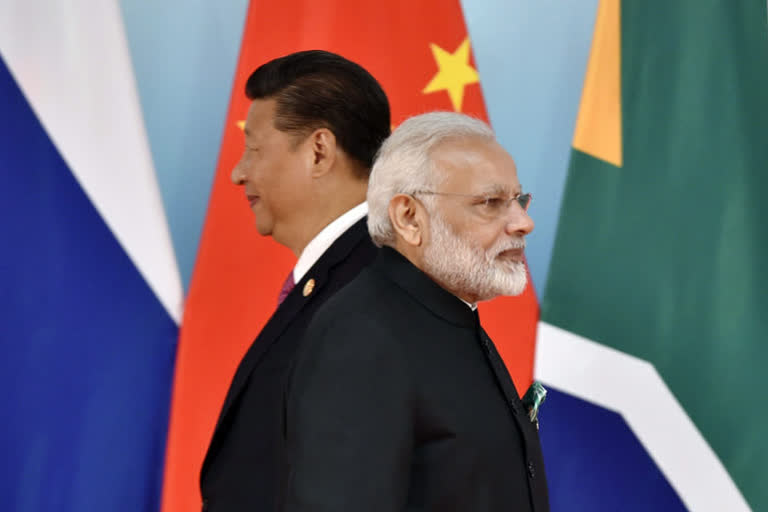New Delhi:Even as India and China are looking to de-escalate tensions following a bloody conflict in the Ladakh region in June this year, which resulted in fatalities for the first time in 45 years, along the border between the two Asian giants, New Delhi is now planning to blunt Beijing’s sharp power expansionist policies.
According to reports, India’s newly named Education Ministry is set to review the setting up of chapters of China’s Confucius Institute in association with local Indian educational institutes.
Confucius Institutes are public educational partnerships between colleges and universities in China and colleges and universities in other countries; the partnerships are funded and arranged in part by Hanban (officially the Office of Chinese Language Council International), which is itself affiliated with the Chinese Ministry of Education.
The stated aim of the programme is to promote Chinese language and culture, support local Chinese teaching internationally, and facilitate cultural exchanges. The organization has come under much criticism due to concerns of rising Chinese influences in the countries in which it operates.
The Confucius Institute program began in 2004 and is supported by Hanban, overseen by individual universities. The institutes operate in cooperation with local affiliate colleges and universities around the world, and financing is shared between Hanban and the host institutions.
Beijing tries to project the Confucius Institute programme with those like France’s Alliance Francaise and Germany’s Goethe-Institut that promote the respective countries’ language and culture in other nations. However, unlike Alliance Francaise and the Goethe-Institut which operate independently in other countries, the Confucius Institutes seek to operate in collaboration with local institutes in other nations with funding from the Chinese government.
Experts say the Confucius Institute programme is a part of Beijing’s "sharp power" expansionist policy. Sharp power is the use of manipulative diplomatic policies by one country to influence and undermine the political system of a target country.
The term was coined by the National Endowment for Democracy of the US to describe aggressive and subversive policies employed by authoritarian governments as a projection of state power in democratic countries, policies that cannot be described as either hard power or soft power.
India’s Education Ministry now plans to review memorandums of understanding (MoUs) signed between leading educational institutions and Chinese institutions to set up Confucius Institute chapters.
Speaking to ETV Bharat, B.R. Deepak, Chairman of Jawaharlal Nehru University’s (JNU’s) Centre for Chinese and Southeast Asian Studies, said that Confucius Institutes are used by Beijing to penetrate into liberal mechanisms of other countries.
